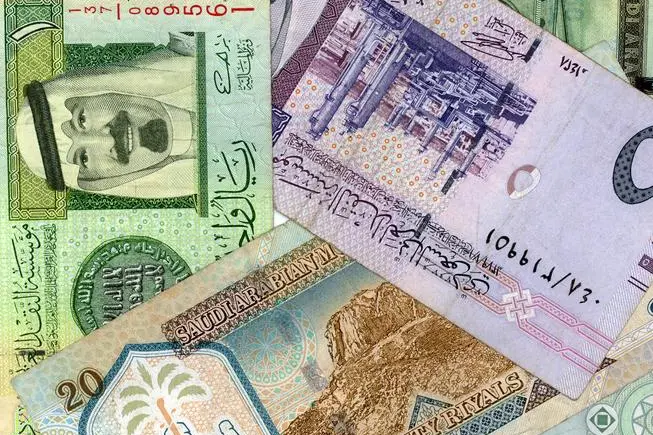PHOTO
The Saudi cabinet has approved the central bank’s request to establish Saudi Payments Company as the Kingdom moves towards a cashless society.
The national payments company aims at increasing financial inclusion through the organisation and development of the payments sector and the establishment of an independent entity, according to the governor of the Saudi Arabian Monetary Authority (SAMA).
“The establishment of the payment company is in accordance with international best practices, which usually entrust the preparation and operation of payment infrastructure services to national companies,” Ahmed bin Abdulkarim al-Kholifey said in a statement on SAMA website.
“In addition, this should contribute to the developing of technical and operational specifications that enable all providers to work in full compatibility to promote innovation,” he added, noting that central banks contribute to the establishment of payment infrastructure by linking local and international payment service providers from licensed banks and companies with payment networks and systems.
The Kingdom's economic overhaul plan Vision 2030 aims to raise the rate of non-cash utilisation from 18 per cent in 2016 to 28 per cent in 2020 and 70 per cent by 2030.
SAMA had launched several initiatives to support the digital transformation in the financial services sector, including the setting up of a Regulatory Sandbox to enable start-ups to test their services. Read more here:
Saudi Arabia is currently positioning itself for a new era which is set to drive foreign direct investments of unforeseen magnitude beginning with the $2 trillion Aramco IPO, among the various projects that the Kingdom is launching over the next years towards Vision 2030, according to Issam Kassabieh, chief financial officer of Dubai-based vehicle rental platform Urent.
“The influx of foreign cash and its circulation locally must be protected and the processes governing that money must become more efficient; the launch of the Saudi Payments Company is definitely a step in the right direction and will have a strong positive impact on foreign and local investors' views on Saudi's financial infrastructure from a governance and operations perspective,” he told Zawya.
Electronic payments in Saudi Arabia are forecast to double to more than $22 billion over the next four years, according to a report by Amazon’s PAYFORT.
Saudi Payments Network (Mada), the domestic network for online payments, recorded a 47 per cent rise in completed deals to 688 million completed transactions in the first half of 2019 with a total value of SAR 136 billion ($36 billion) compared to the same period last year.
According to Abdullah Altamami's, Chairman of Saudi-based payment firm HyperPay, there are many payment verticals in need of infrastructure development, and having Saudi Payments be the foundational hub for these verticals is encouraging for investors and market players.
"We have already witnessed the great work done on Mada and many other projects, which unlocked numerous opportunities for existing businesses and established completely new verticals for aspiring entrepreneurs. We look forward to more enablement, as Saudi Payments Company paves the infrastructure for tomorrow’s economy,” said Altamami from HyperPay which is looking to capitalize on the opportunities presented by the Saudi government’s push towards cashless targets. Read interview here.
(Story last updated on November 7, 2019, with comments from HyperPay Chairman)
(Reporting by Nada Al Rifai; editing by Anoop Menon)
Our Standards: The Thomson Reuters Trust Principles
Disclaimer: This article is provided for informational purposes only. The content does not provide tax, legal or investment advice or opinion regarding the suitability, value or profitability of any particular security, portfolio or investment strategy. Read our full disclaimer policy here.
© ZAWYA 2019





















